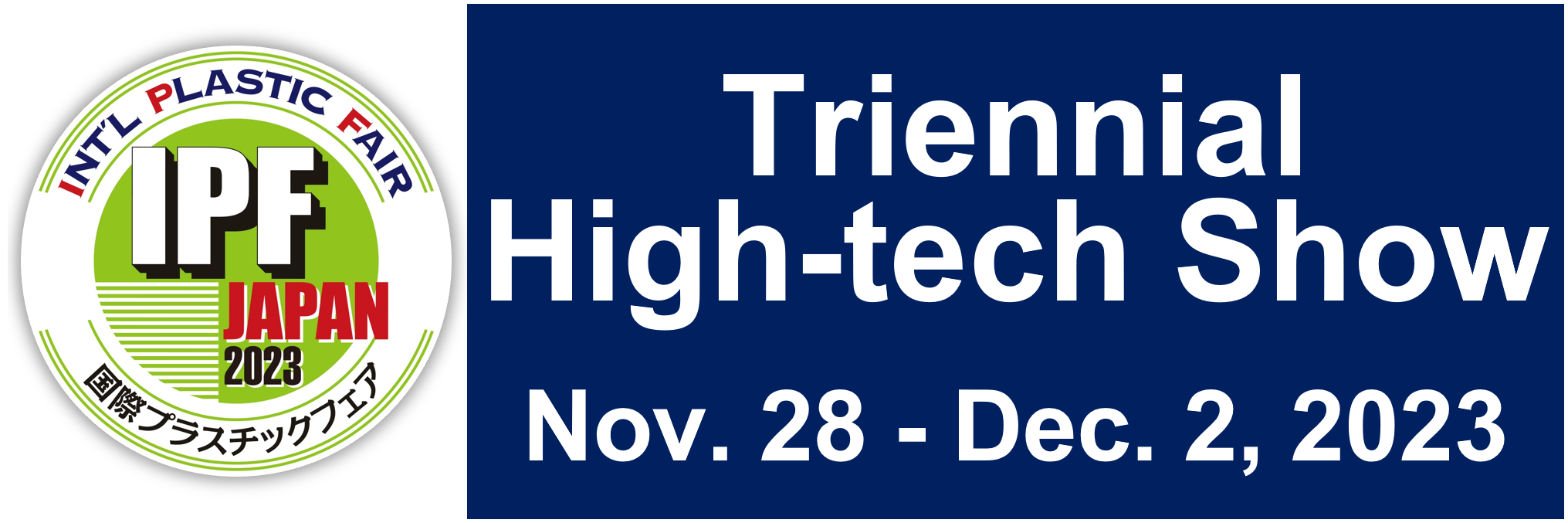Expansions: Kuraray to up EVOH capacity in US/Europe; Ford/South Korean partners to build US$887 mn EV battery materials plant in Canada

Japan’s Kuraray Co has announced a planned increase of its globally in-demand ethylene vinyl alcohol copolymer (EVOH resin; Kuraray trademark: EVAL) production capacity in its bases of operation in the US and Europe. A total of 5,000 tonnes/year will be added to the capacity of US, and European bases of operation in 2024, with another 5,000 tonnes/year to be added in 2026. This 10,000-tonnes/year total capacity increase will bring global production capacity from the present 103,000 tonnes/year to 113,000 tonnes/year.
Also, a project team established last year is currently deliberating on the creation of a new base of operations in Asia.
The company says this is to meet the anticipation that the need for food packaging will continue to increase in Asia, where the market for EVOH resin is expanding significantly. To improve its capacity to react swiftly to customers’ needs, it also intends to set up a technical centre at the new Asian base of operations.
EVAL is frequently used for food packaging due to its outstanding gas barrier qualities, which guard against deterioration of the contents.
The increase in EVAL demand had been centered primarily in industrialized nations, such as Japan and the US, as well as those in Europe. However, demand is now rising in emerging nations. To secure a stable supply structure, Kuraray has determined that it is necessary to boost its EVAL production capacity.

In other news, a consortium of companies led by automaker Ford will build a US$887 million cathode manufacturing facility in Canada. The consortium includes South Korean battery producers EcoPro BM and SK On.
SK On’s annual production capacity in North America is expected to reach more than 180 gigawatt-hours after 2025, which is enough to power approximately 1.7 million EVs per year.
EcoPro will manufacture cathode active materials and high-quality nickel cobalt manganese, essential for rechargeable batteries.
The plant will be located in Becancour, Quebec, and will provide electric vehicle (EV) battery materials to the company’s future fleets of EVs. The facility is Ford’s first investment in Quebec and is part of the carmaker’s plan to localise battery raw material processing and supply for its EV production in North America.
Construction has already begun on the 280,000 sq m facility. Production is set to begin in the first half of 2026. The site will have the capacity to produce up to 45,000 tonnes/year of cathode active materials, which will support the production of up to 225,000 EVs annually.
Both Canada’s Federal Government and Quebec’s Provincial Government will provide funding for the project. The federal government will provide the consortium with a conditional loan of C$322 million, with Quebec offering the same amount as a partially forgivable loan.
Many automakers and battery producers have moved operations to North America in the past year to take advantage of the US Inflation Reduction Act, which offers significant tax breaks and subsidies for clean energy technologies produced with locally sourced materials.
In June, the US Department of Energy loaned Ford US$9.2 billion for the development of battery plants in the US states of Tennessee and Kentucky, with SK On agreeing to join the venture.
Ford has been growing its EV portfolio rapidly in order to keep up with global targets to phase out combustion engine vehicles. In May, it signed lithium supply agreements with lithium miners Nemaska Lithium, Albemarle, Sociedad Química y Minera de Chile and Compass Minerals. According to the agreement, Canada-based Nemaska Lithium will provide lithium products to Ford for the next 11 years.
For SK On, the new facility is part of its efforts to secure a stable supply of key battery materials in North America. The South Korean battery maker has been actively developing its battery supply chain in the region where demand for EVs is growing fast.
The latest investment also shows that SK On, which currently operates two battery plants and is adding four more plants with its partners in North America, is committed to lead the way in the region’s transition to EVs.
“Through the cathode JV, the three companies can have a stable supply of battery raw materials in North America,” said SK On Chief Commercial Officer Min-suk Sung. “We will continue to work with our partners to lead electrification of the global auto market.”
For EcoProBM, Canada is the second global market expansion after Hungary and marks the company’s entry into North America.
Through the joint venture, the Québec facility will become a key landmark for EcoProBM’s pioneering of the North American market. EcoProBM will invest to mass produce and supply 45,000 tonnes of cathode materials, supporting production of up to 225,000 electric vehicles annually.
In 2021, EcoProBM established a complete cathode material ecosystem in Pohang, Korea – handling everything from recycling waste batteries to producing lithium, precursors and cathode materials.
(IMA)Subscribe to Get the Latest Updates from IMA Please click here
©2023 Injection Moulding Asia. All rights reserved.













